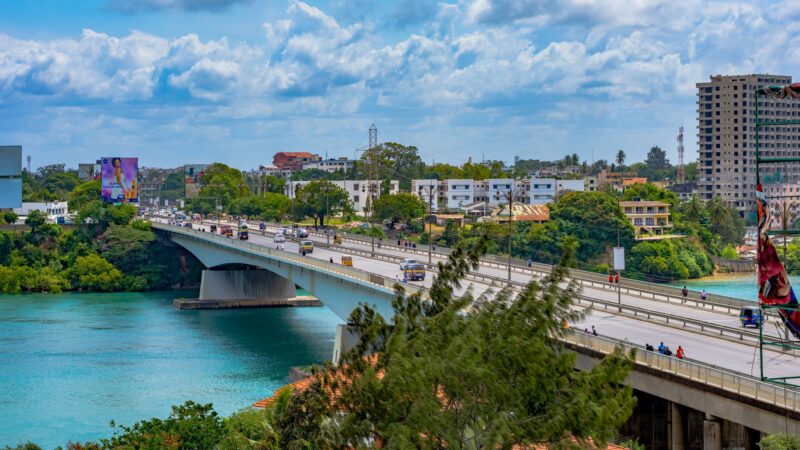The legal system in Kenya descends from the British Common Law System, as Kenya gained its independence from British colonial rule in 1963. Though it still reflects the influence of those UK legal traditions, Kenya’s legal system also incorporates statutory law and customary law.
There are various actions and offenses that could lead to legal consequences, such as an arrest, in Kenya, including criminal activities, public disorder, environmental harm, traffic offenses, and immigration violations.
As a traveler, there are certain Kenyan laws that can directly affect and impact you that must be adhered to. These can extend to taking photographs or filming in public spaces, encounters with wildlife, drinking in public, and using tobacco or drugs. Here are some local Kenyan laws that foreign visitors should be aware of and what to do if you are facing the Kenyan authorities..















